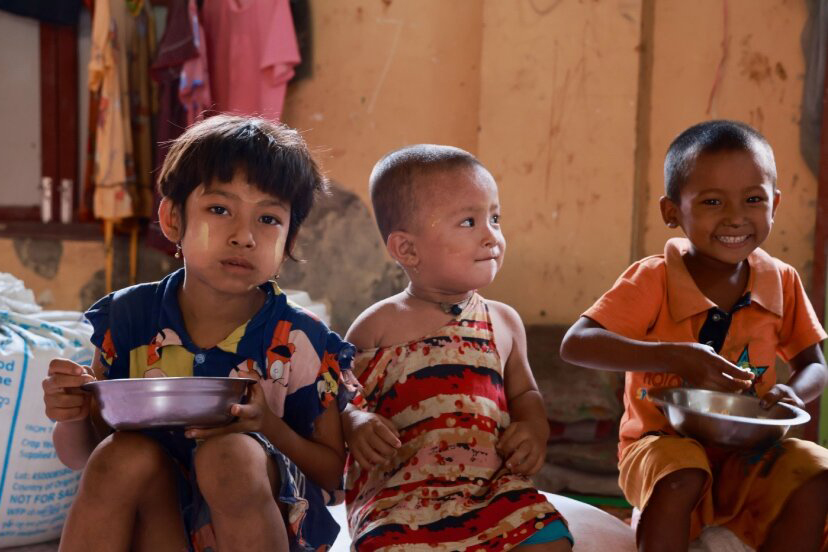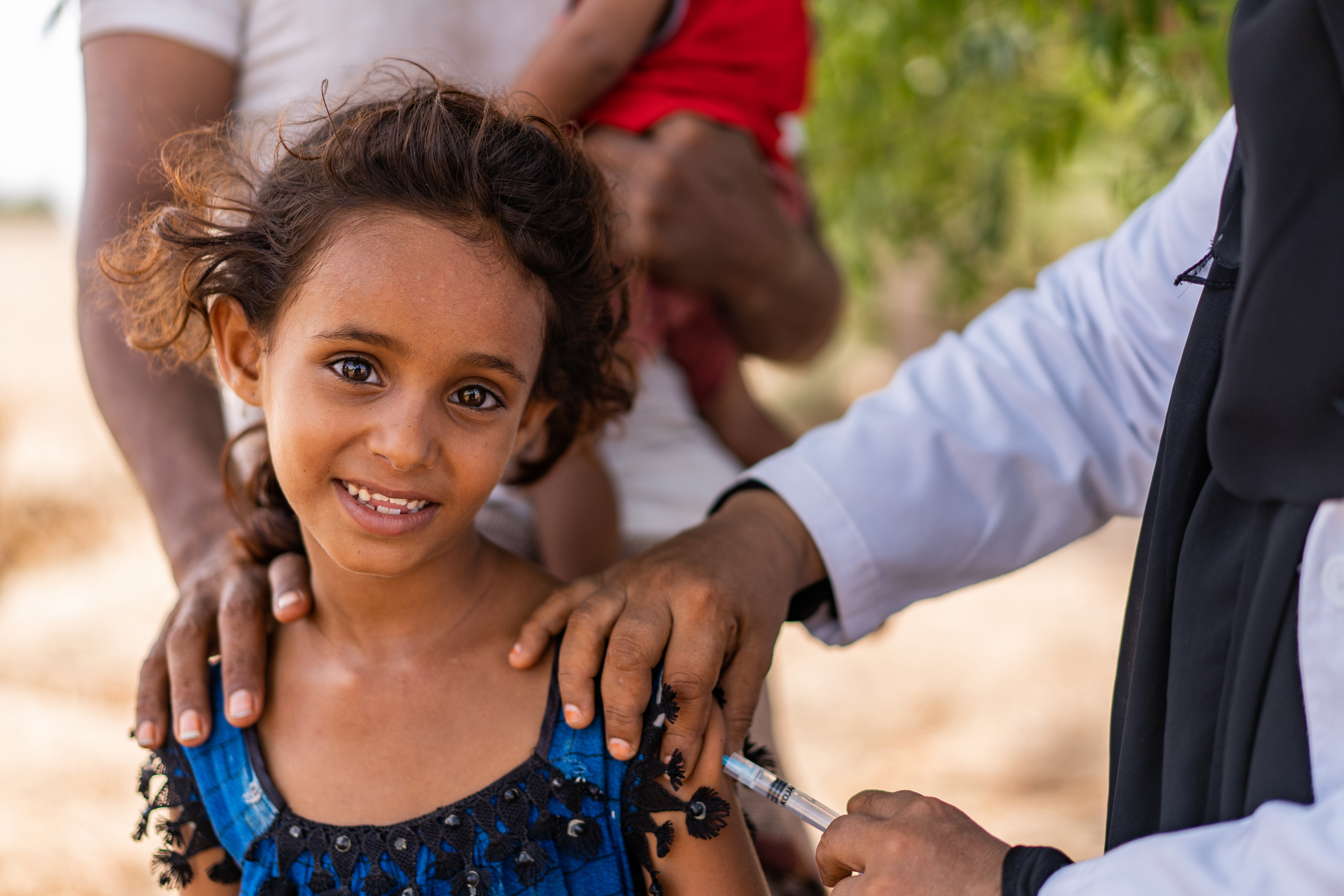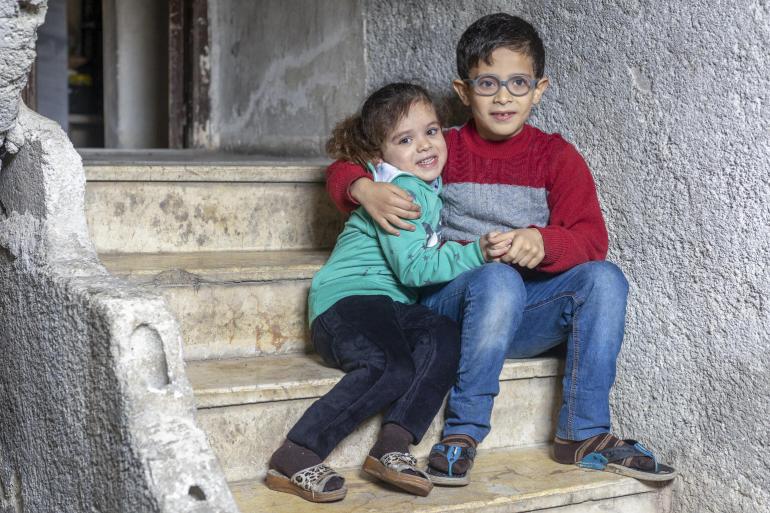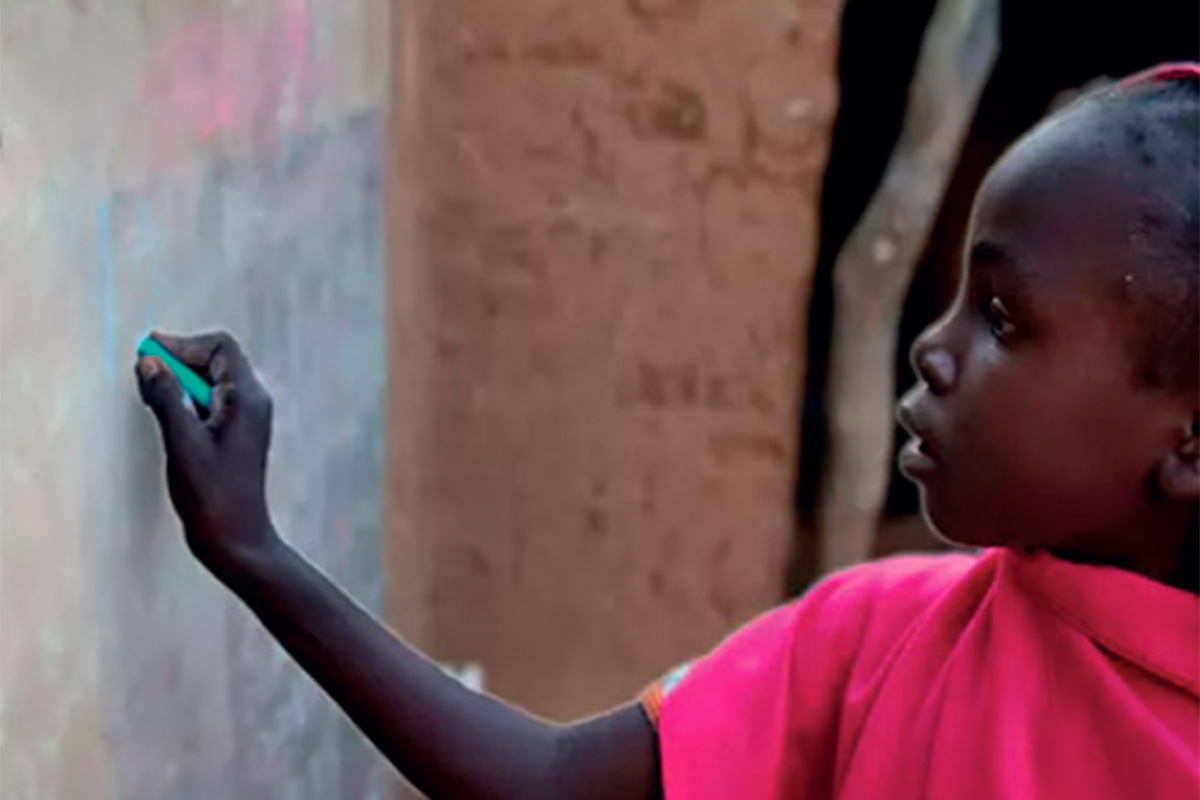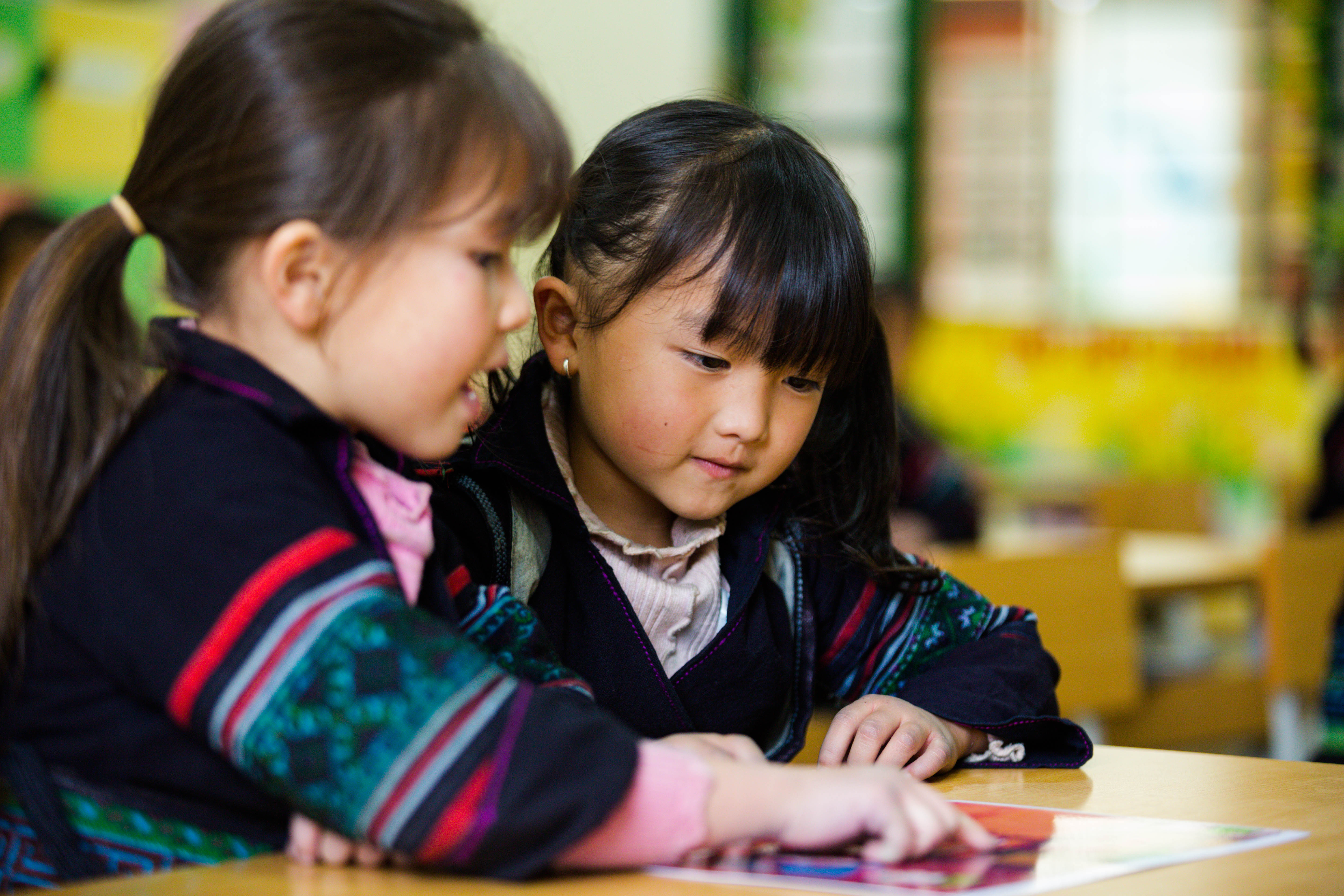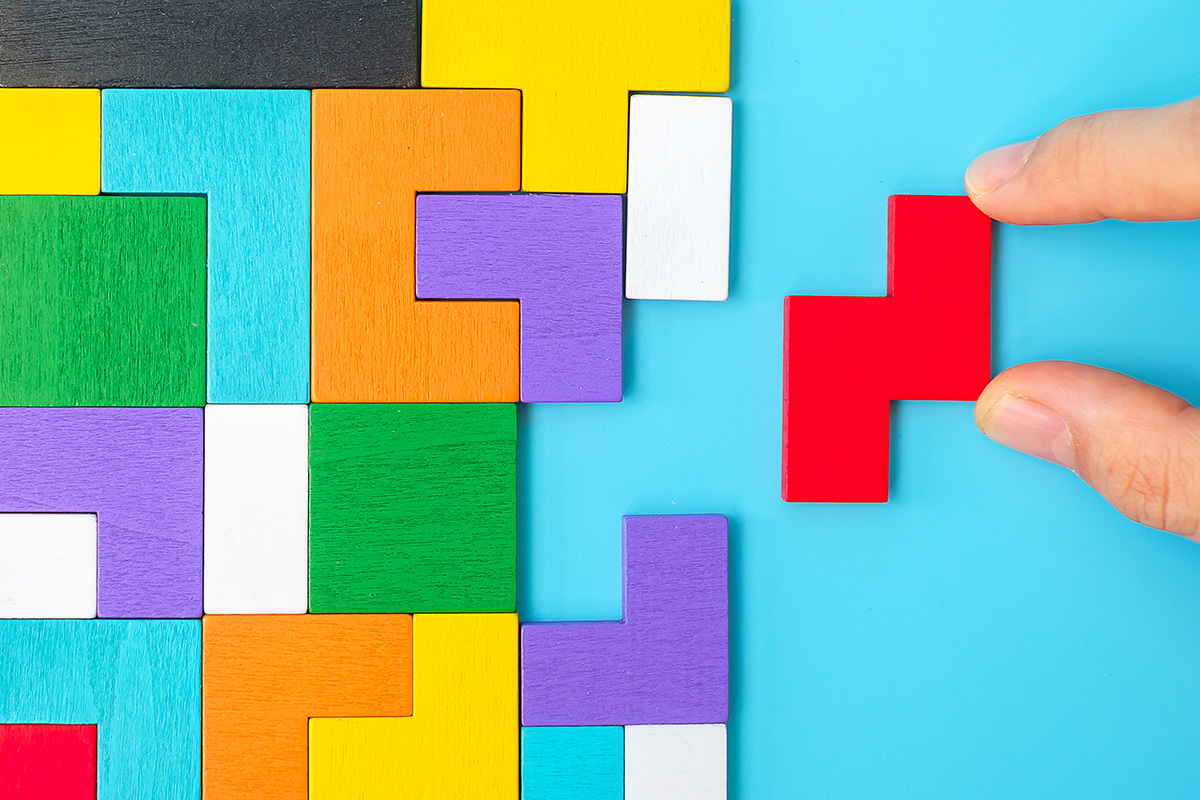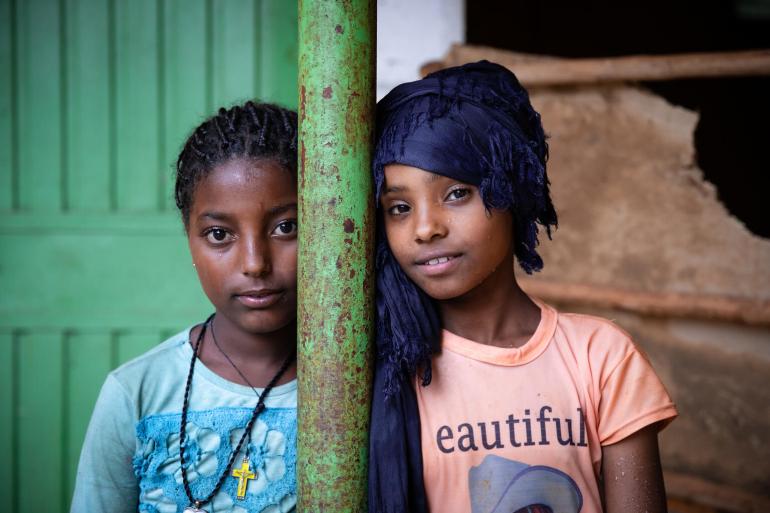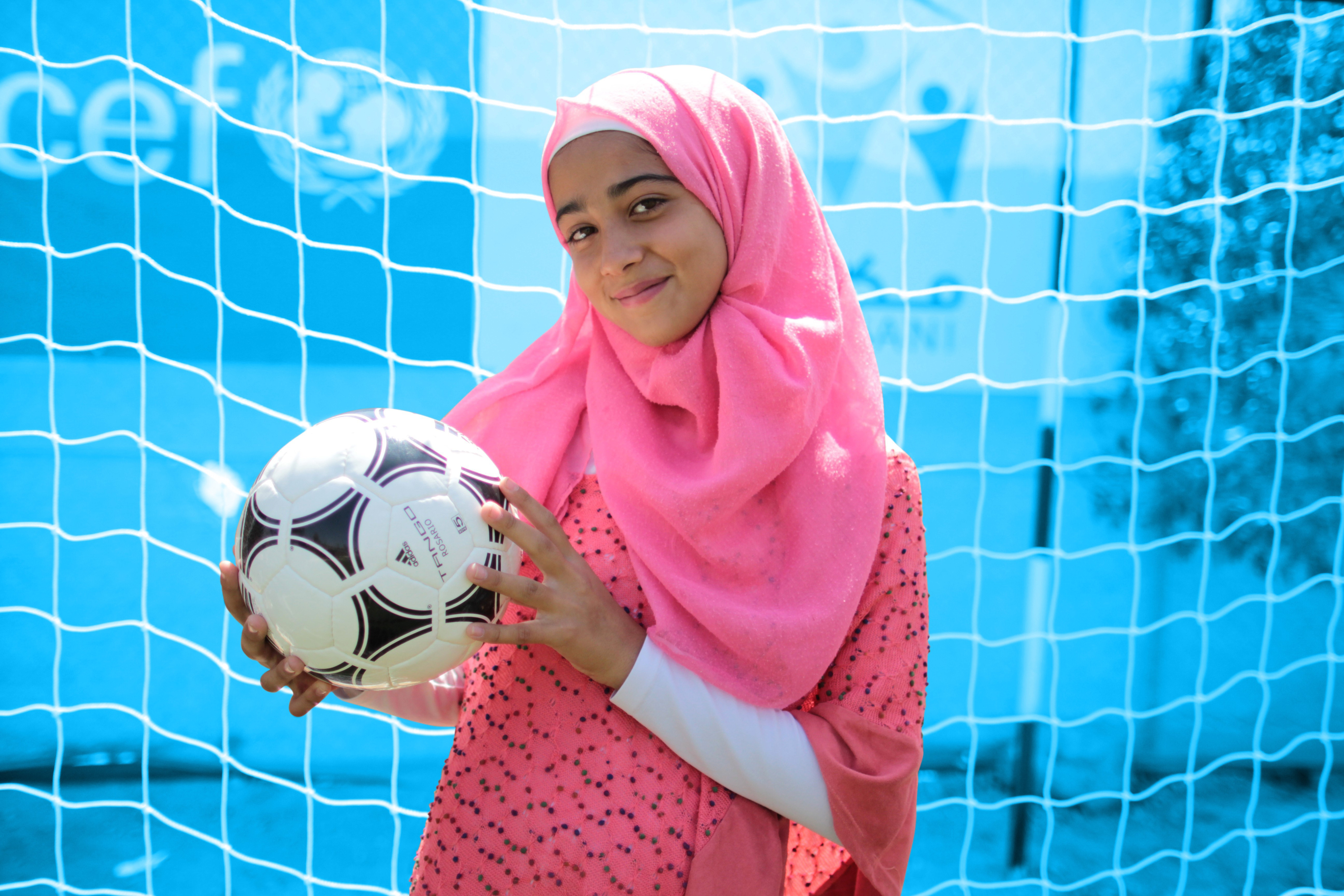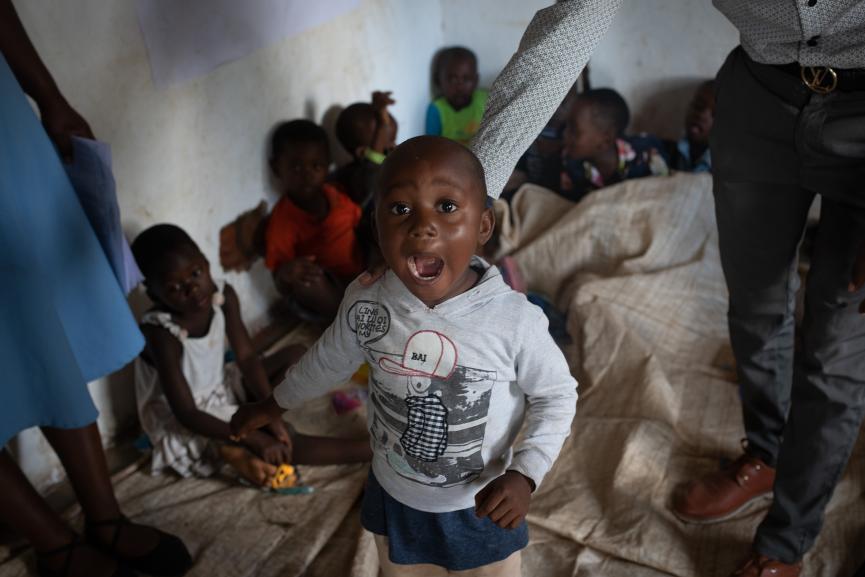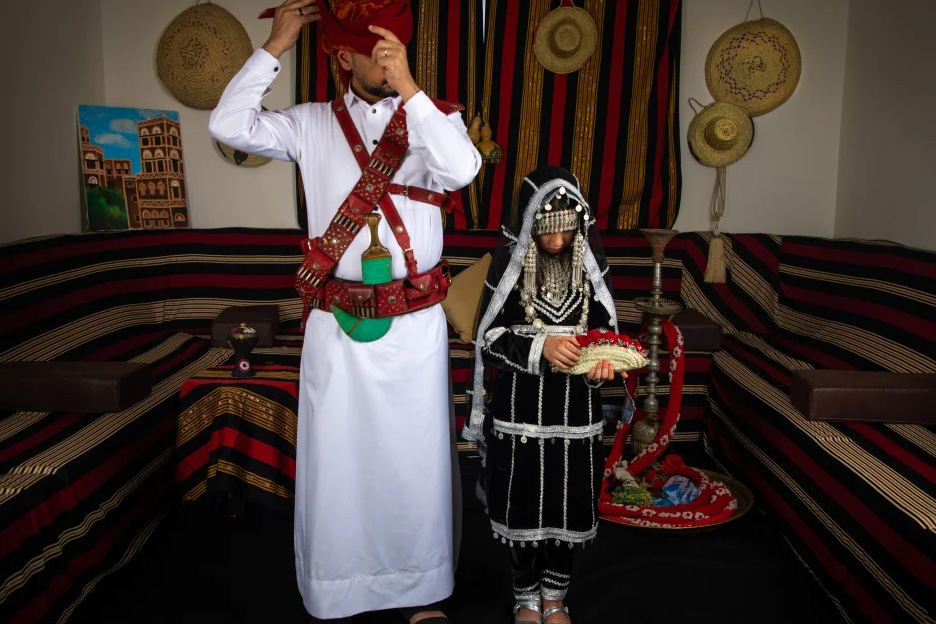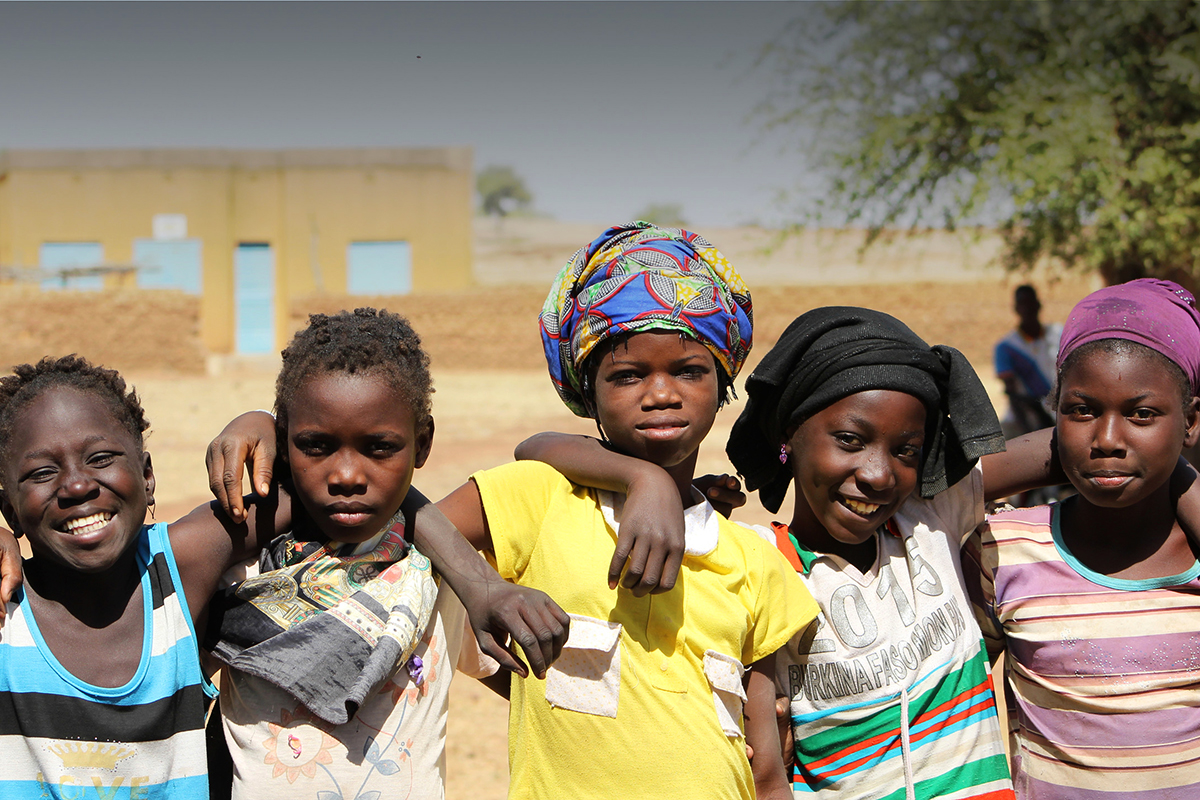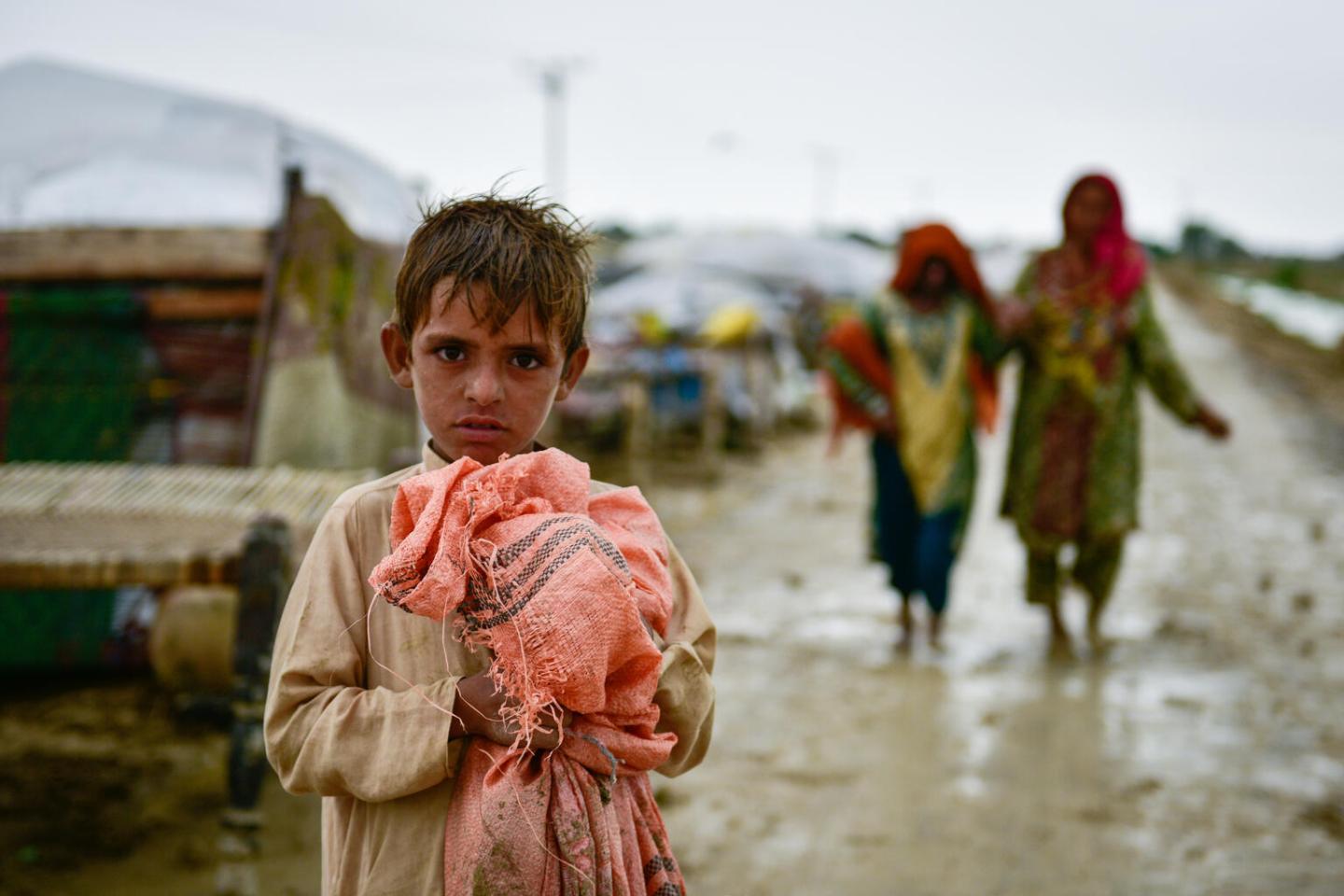Nearly two weeks after Cyclone Mocha, a grim certainty looms as the coastal areas of Myanmar and Bangladesh enters monsoon season. The cyclone has sent food prices soaring and wiped-out people’s slender food stocks. But now Mocha’s devastation has only deepened hunger already sharpened by the country’s conflict and political and economic crises. WFP has distributed hot meals and emergency food assistance to thousands of people in the immediate aftermath of the storm. A funding shortfall is threatening WFP's response in both countries.
A red alert for children’s health: Routine immunization coverage dropped sharply during the COVID-19 pandemic. The latest edition of The State of the World’s Children report launched today explores the causes and the steps we must take to make sure that no child is left behind. As the flagship publication of the United Nations Children's Fund (UNICEF), the report was first published in 1980, focusing each year on a key issue affecting children. These have ranged from children with disabilities, conflict and war, child labour, urbanization, and early childhood development.
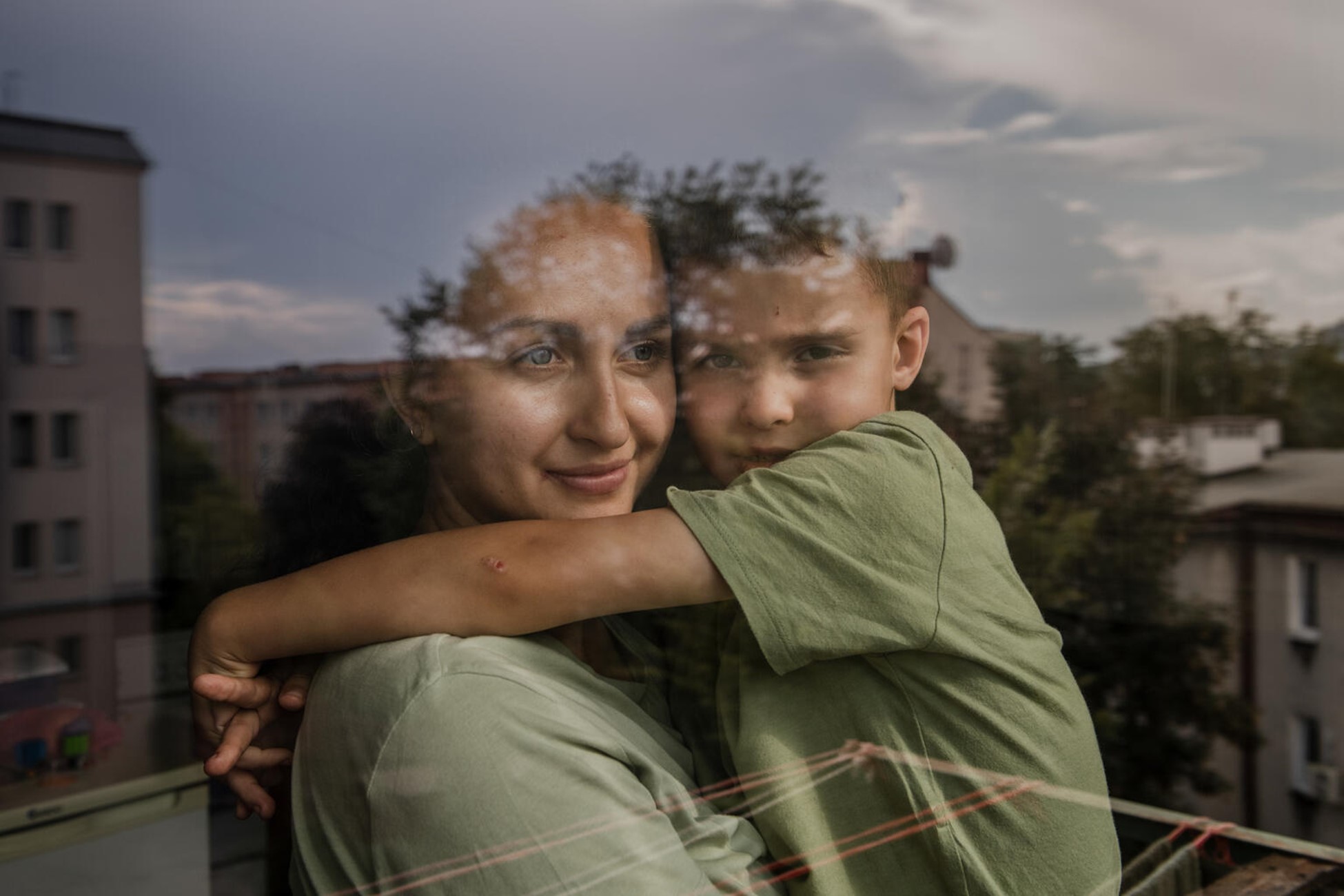
Children need peace. Now.
One year into the Ukraine war, an estimated 1.5 million children are at risk of depression, anxiety, post-traumatic stress disorder and other mental conditions. Not many are lucky as Kateryna who left Kyiv with her children at the beginning of the war. Once again, children are paying the price of a war not of their own making. UNICEF has been working with national and local authorities, as well as civil society organizations in Ukraine and neighboring countries to deliver emergency assistance, access to education, health and mental health support, and life-saving information to children and their families.
Leaders across the globe will come together at the Education Cannot Wait High-Level Financing Conference to ensure every child, everywhere, is offered a quality education.
Globally, 40 per cent of the population does not have access to an education in a language they speak or understand. A multilingual education starts based on the mother tongue and gradually introduces other languages. This approach bridges the gap between home and school for those whose mother tongue is different from the language of instruction. International Mother Language Day recognizes that languages and multilingualism can advance inclusion and the SDG focus of leaving no one behind. This year’s observance will explore and debate the potential of multilingualism to transform education.
WHO reports on children’s chances of survival in 2021 - an estimated 5 million children died before their fifth birthday and another 2.1 million children and youth aged 5–24 years lost their lives.
Logic, as the investigation on the principles of reasoning, has been studied by many civilizations throughout history. Since its earliest formulations, logic has played an important role in the development of philosophy and the sciences. World Logic Day aims at fostering international cooperation, promoting the development of logic, in both research and teaching, supporting the activities of associations, universities and other institutions involved with logic, and enhancing the understanding of logic and its implications for science, technology and innovation.
“Now as a father with two girls, I just can't imagine the anguish that my mother went through … I wonder how many sleepless nights she had.”
Alfred Orono’s childhood came to an abrupt end when he was recruited as a soldier in Uganda, when he was just 11 years old. Now Chief of Child Protection at the United Nations Mission in South Sudan (UNMISS), he draws on his own experience as a child soldier to help young people find a peaceful way forward.
“I work with children who, when I look at them, I know exactly what's going on in their minds. I know how they feel. And I'm part of the solution to their problems.”
Every year, thousands of children are recruited by warring parties around the world. Yet their troubles rarely end after the conflict is over. Having suffered violence, abuse, and exploitation, many struggle to rebuild their lives. In this episode of Awake at Night, Alfred Orono reflects on his own experience, the hope it gives to former child soldiers, and on living life without regrets.
New UNICEF report shows the extent to which racism and discrimination impact children’s education, health, and access to a fair and equal justice system.
From climate change, education and mental health, to ending racism and discrimination, children and young people are raising their voices on the issues that matter to their generation and calling for adults to create a better future. This World Children’s Day (20 November), kids are standing up for a more equal, inclusive world. What will you do? Join us on World Children’s Day!
After millennia of living with poliovirus and the suffering the paralysis it causes, today nearly everyone lives in a polio-free country. However, cases of polio have been recently reemerging worldwide, including in Malawi. There are several factors behind those outbreaks, including conflict and displacement, disruptions caused by the COVID-19 pandemic, and vaccine hesitancy. With support from UNICEF, a nationwide immunization campaign was launched in Malawi in March 2022 and its impact has been profound. Since the vaccination drive began, about 9 million children in Malawi have received a polio vaccination. Find out more about the campaign here.
UNFPA partner Yemeni Women Union (YWU) acted on a rumour about an 8-year-old girl getting married, by getting a district lawyer to appoint a legal consultant to investigate Iman’s case. Many girls aren’t rescued the way Iman was. More than 650 million women and girls around the world today were married or in informal unions before age 18. Child marriage is a human rights violation driven by poverty and gender inequality, among other factors. Girls entering child marriages or early unions tend to drop out of school. Without an education, economic independence is near impossible.
In 2022, we commemorate the 10th anniversary of the International Day of the Girl Child. Today more than 1.1 billion girls are poised to take on the future. Every day, girls are breaking boundaries and barriers, tackling issues like child marriage, education inequality, violence, climate justice, and inequitable access to healthcare. Girls are proving they are unstoppable. On this day, it is time for us all to stand accountable – with and for girls – and to invest in a future that believes in their agency, leadership and potential.
Around 33 million people, including 16 million children, have been affected by this year’s torrential monsoon rains in Pakistan triggering the most severe flooding in the country’s recent history. Villages have been washed away leaving about 3.4 million children in need of assistance and at an increased risk of waterborne diseases, drowning and malnutrition. UNICEF is helping deliver safe drinking water, medical supplies, therapeutic food supplies and hygiene kits to children and families. The UN agency is establishing temporary learning centres and supporting the protection and psychosocial wellbeing of children affected by these devastating floods.

